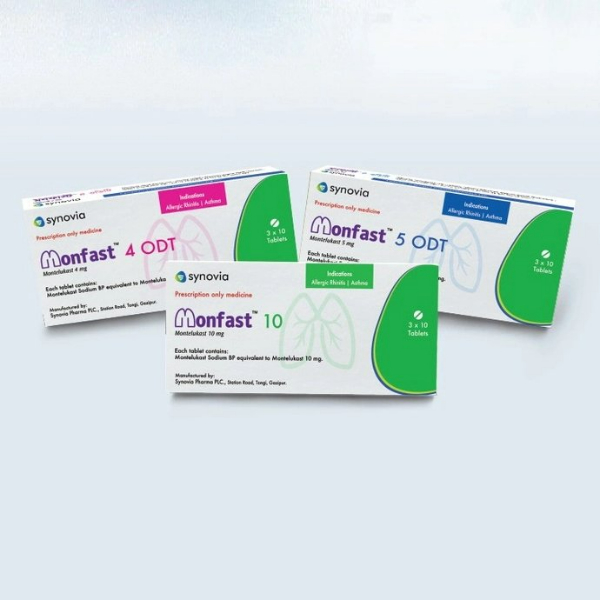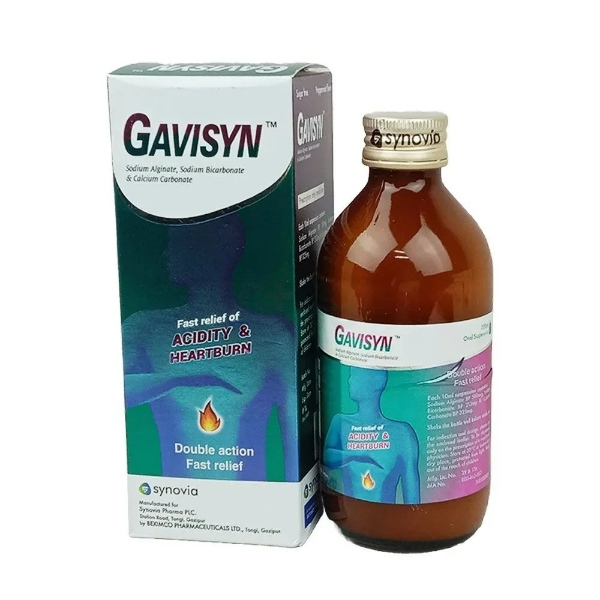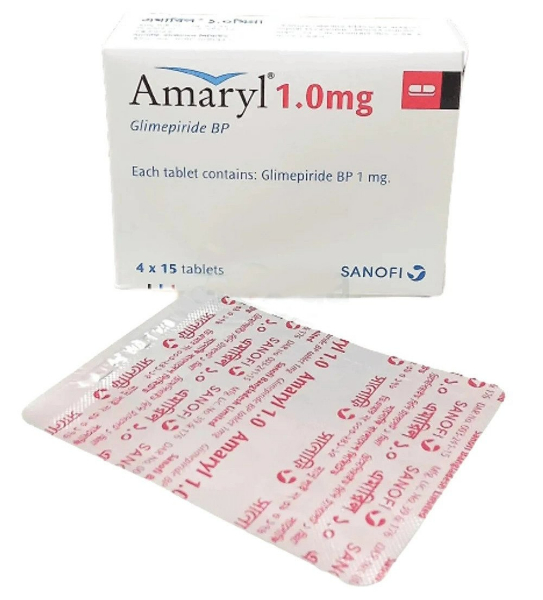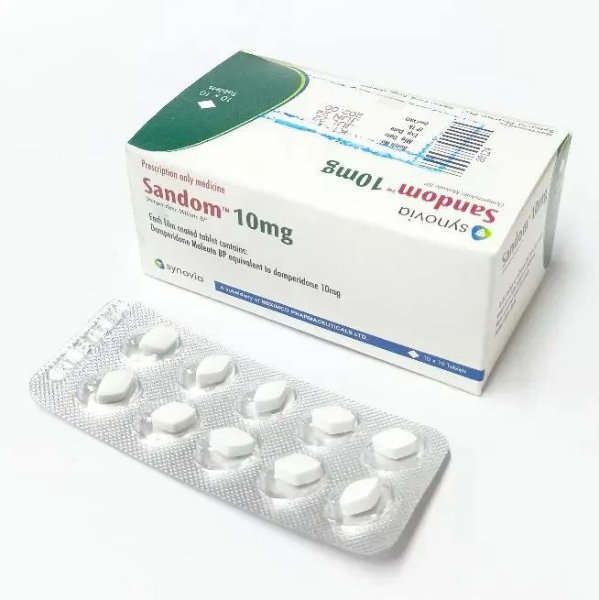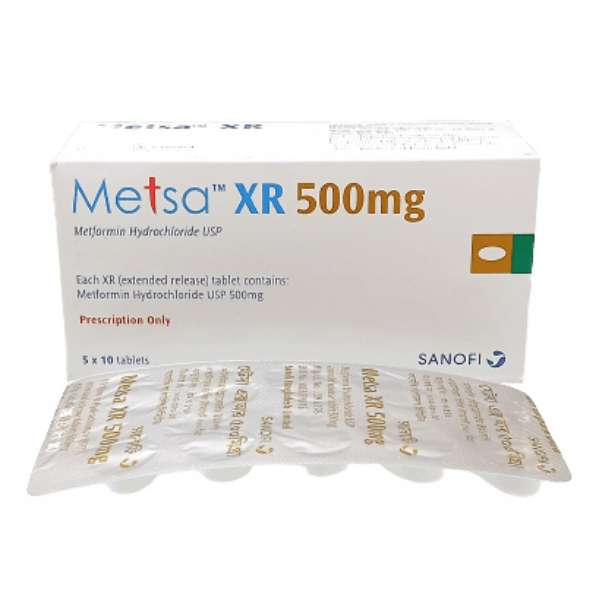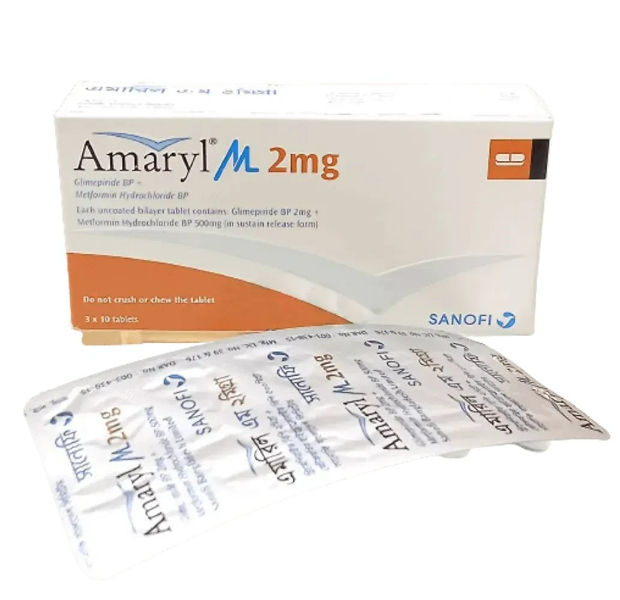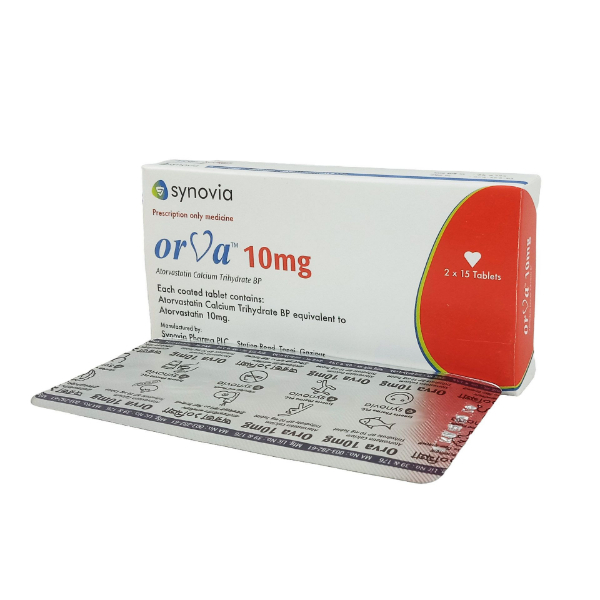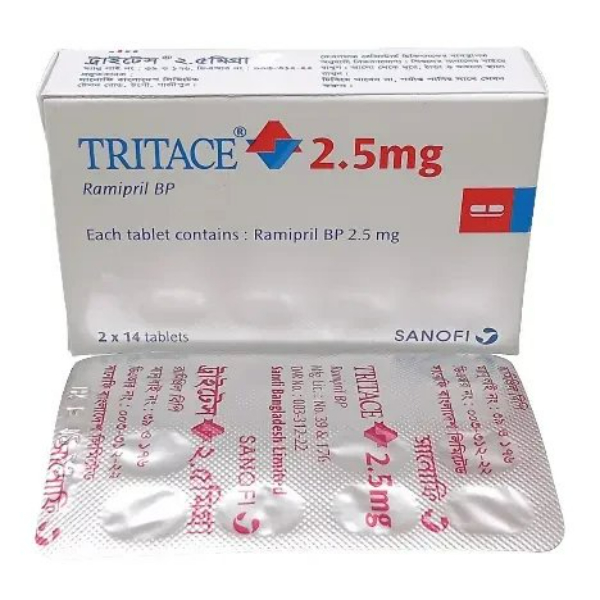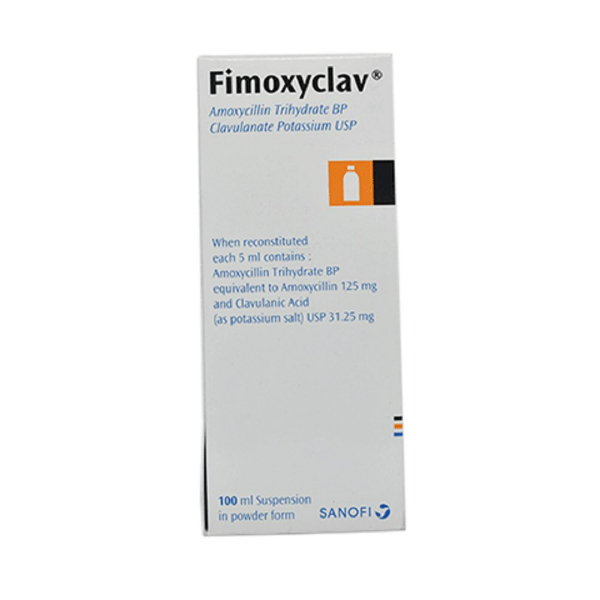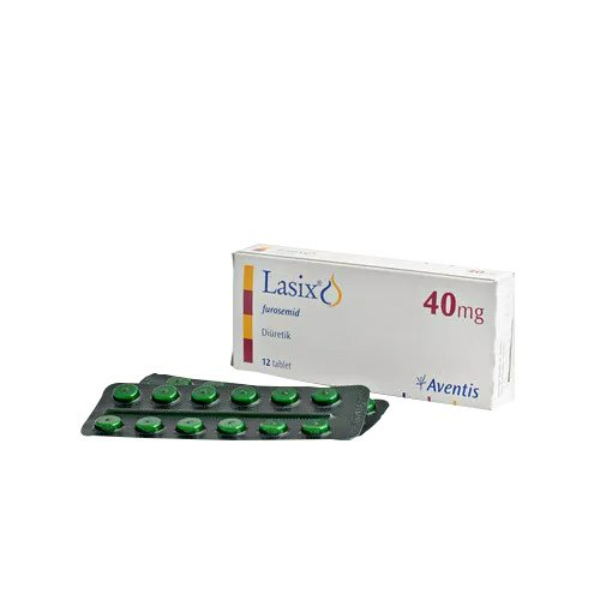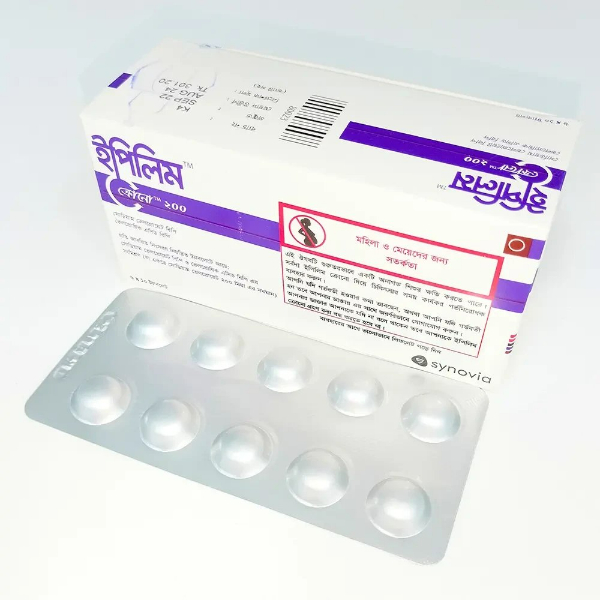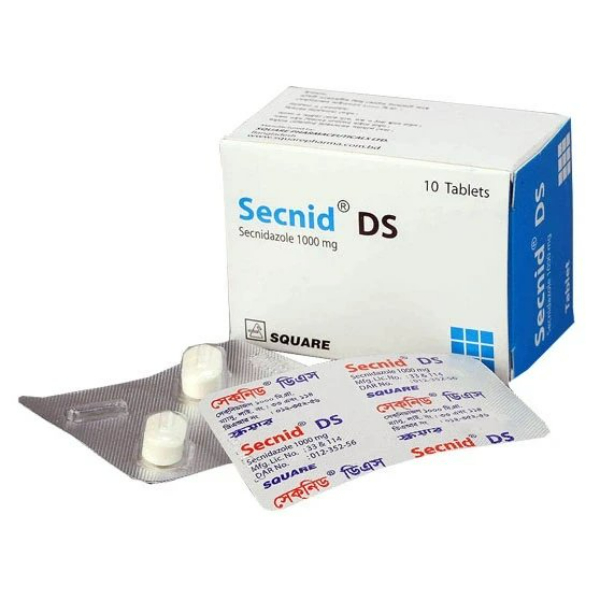Description
রেজিস্টার্ড চিকিৎসকের পরামর্শ মোতাবেক ঔষধ সেবন করুন।
Frisium 10 mg is used for the treatment of:-
Anxiety disorders: It is effective in managing symptoms of anxiety, including excessive worry, nervousness, and tension.
-
Seizures: Frisium is used to control certain types of seizures, particularly in epilepsy.
-
Muscle spasms: It is also used to alleviate muscle spasms and related symptoms, providing relief from stiffness and discomfort.
-
Other conditions: In some cases, it may be used to treat insomnia, panic disorders, or as a preoperative sedative.
Pharmacology:
Frisium 10 mg contains Clobazam, a member of the benzodiazepine class of drugs. It works by enhancing the effects of a neurotransmitter called GABA (gamma-aminobutyric acid), which acts as a calming agent in the brain. By increasing GABA activity, Frisium helps reduce nerve excitability, which is beneficial for conditions like anxiety, seizures, and muscle spasms.
Dosage:
-
Adults: The typical dose is 10 mg to 30 mg per day, depending on the severity of the condition. It is often divided into two or three doses.
-
Children: The dosage for children is generally lower and adjusted based on their age, weight, and condition.
-
Elderly: Older adults may require a lower dose due to increased sensitivity to medication.
Administration:
-
Frisium 10 mg is taken orally, typically as tablets.
-
It should be taken with water and can be consumed with or without food.
-
The dosage schedule is often divided, with doses taken in the morning and evening, but your doctor will prescribe the best schedule for you.
Interaction:
-
Frisium 10 mg can interact with other central nervous system depressants like alcohol, barbiturates, and other sedatives, leading to increased drowsiness and sedation.
-
It may also interact with other medications used for anxiety, epilepsy, or muscle relaxation, leading to enhanced effects or increased side effects.
-
Always inform your healthcare provider about all medications you are taking, including over-the-counter drugs and supplements.
Contraindications:
-
Frisium 10 mg should not be used in individuals with known hypersensitivity to clobazam or other benzodiazepines.
-
It is contraindicated in patients with acute narrow-angle glaucoma, severe liver disease, and respiratory insufficiency.
-
Caution should be exercised in individuals with a history of substance abuse, depression, or suicidal tendencies.
Side Effects:
-
Common side effects: Drowsiness, dizziness, tiredness, or fatigue.
-
Less common side effects: Difficulty in coordination, confusion, memory problems, and irritability.
-
Serious side effects: In rare cases, it may cause severe allergic reactions (rash, itching, or swelling), respiratory depression, or withdrawal symptoms if stopped abruptly.
-
Dependence and tolerance: Prolonged use of Frisium may lead to physical dependence or tolerance, which requires careful management by a healthcare professional.
Pregnancy & Lactation:
-
Pregnancy: Frisium 10 mg should be used during pregnancy only if the potential benefits outweigh the risks. It should be avoided in the first trimester unless deemed essential by your doctor.
-
Lactation: Frisium is excreted in breast milk. It is not recommended for use while breastfeeding unless the potential benefits justify the potential risks to the infant.
Therapeutic Class:
-
Anticonvulsants, Anxiolytics, Sedative-Hypnotics, Benzodiazepines
Storage Conditions:
-
Store Frisium 10 mg at room temperature (below 25°C), away from moisture and direct sunlight.
-
Keep out of reach of children.
-
Do not use the medication after its expiration date.

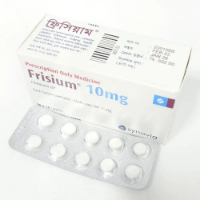



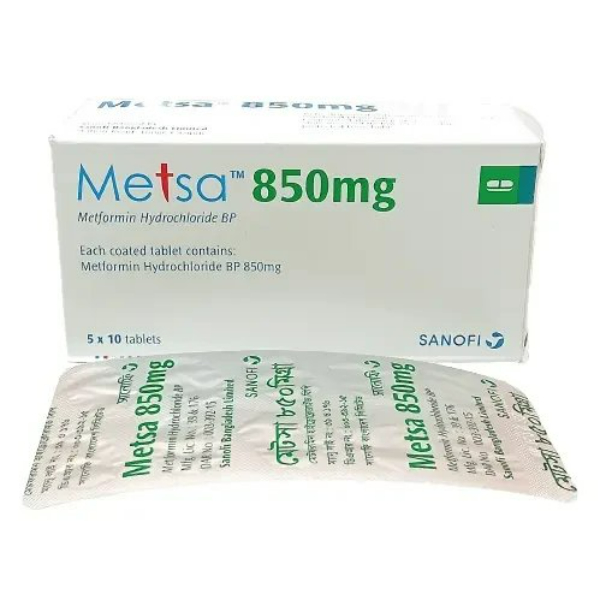


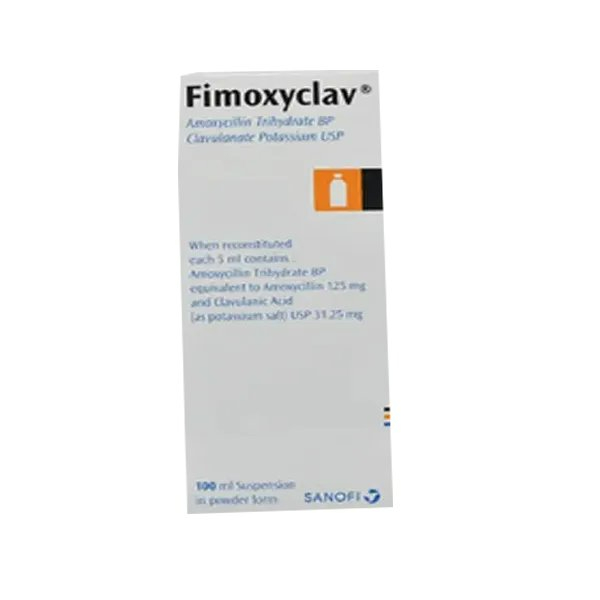

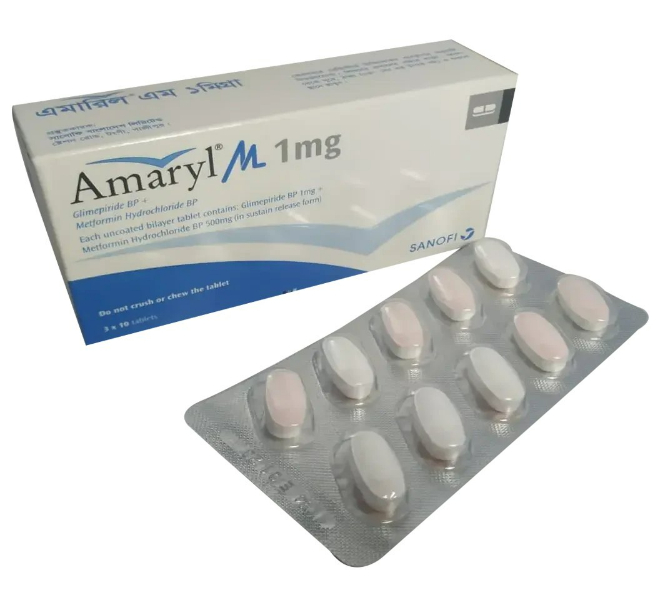


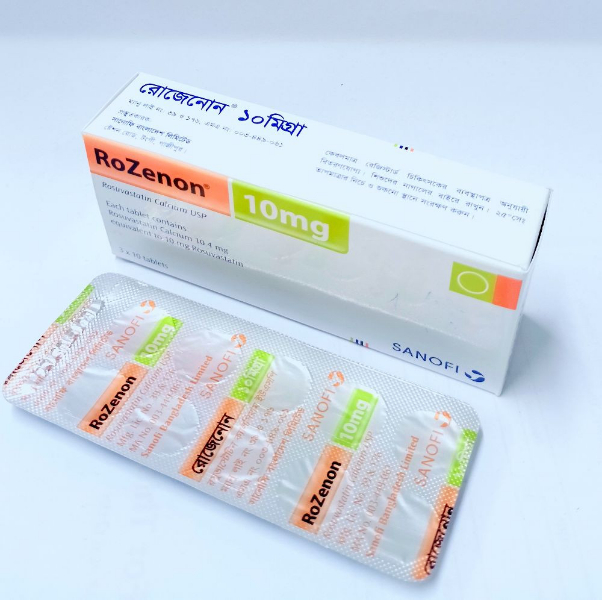
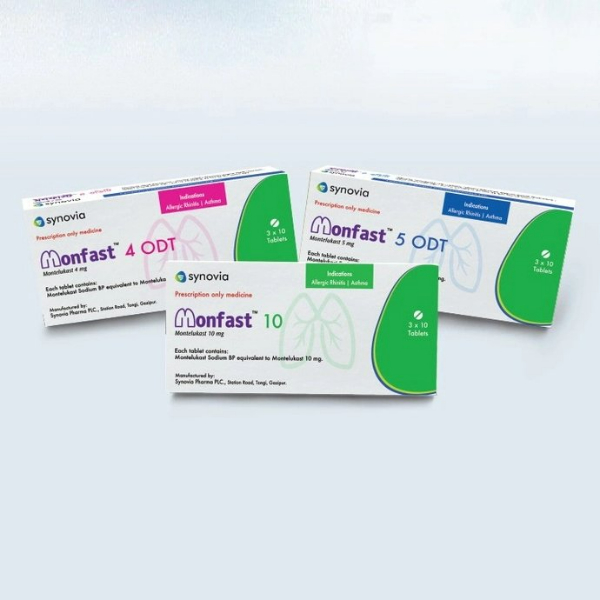
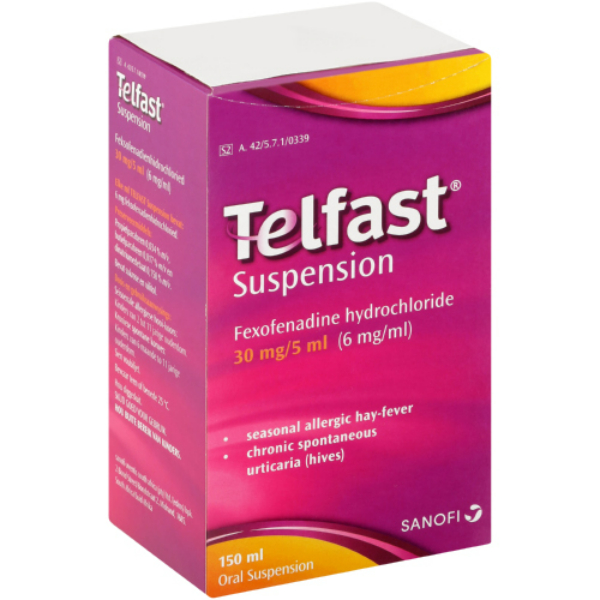

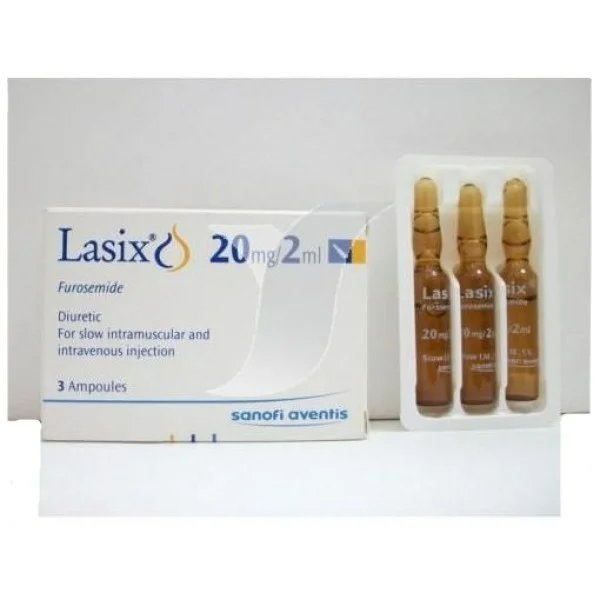
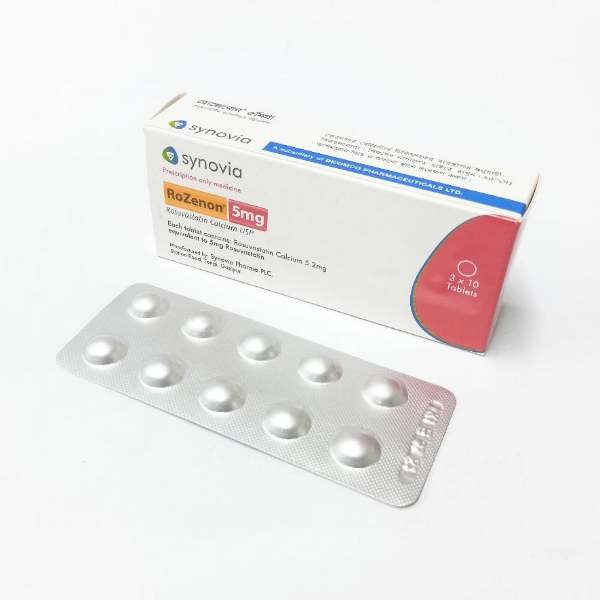


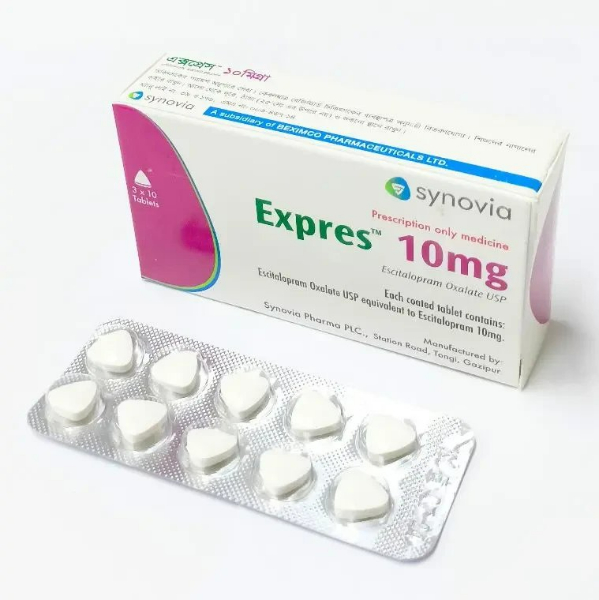
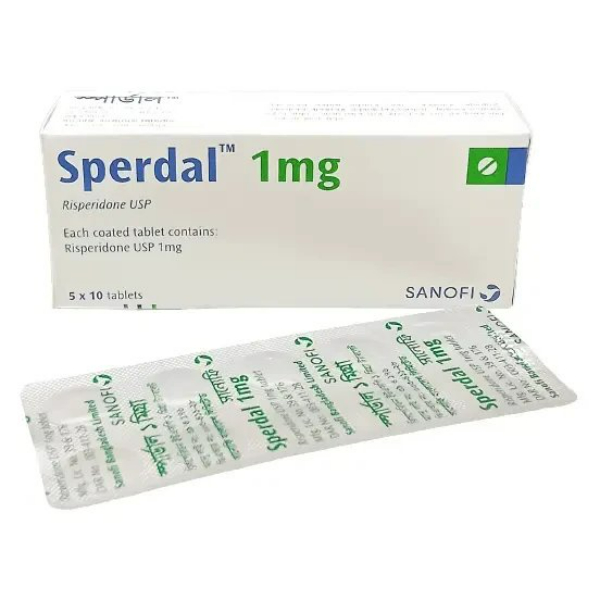


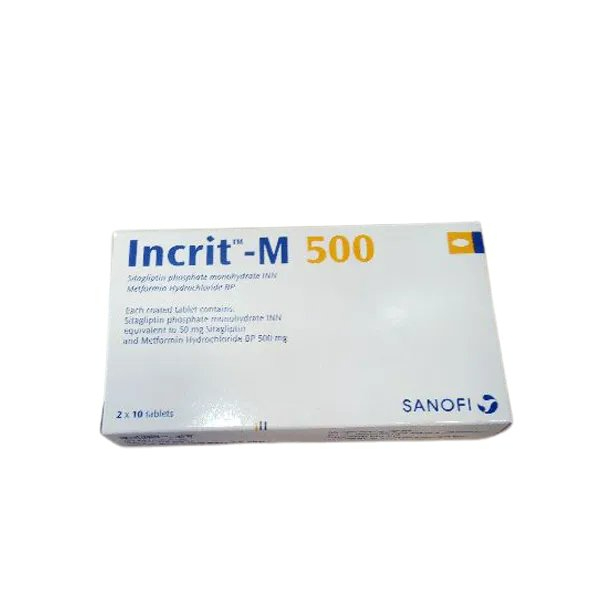
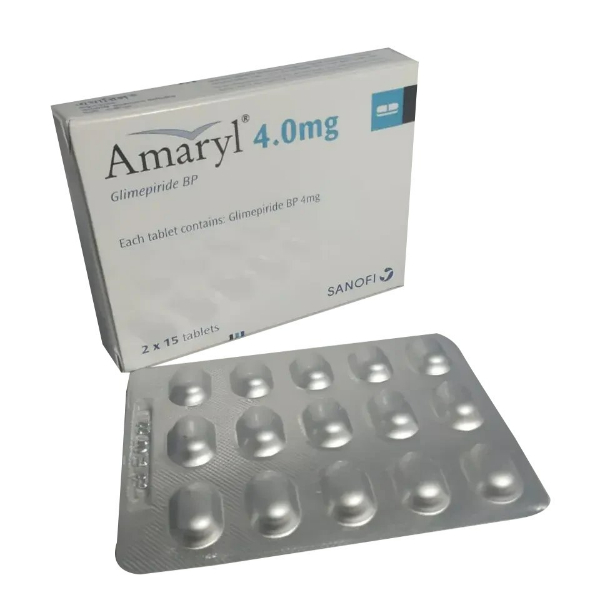
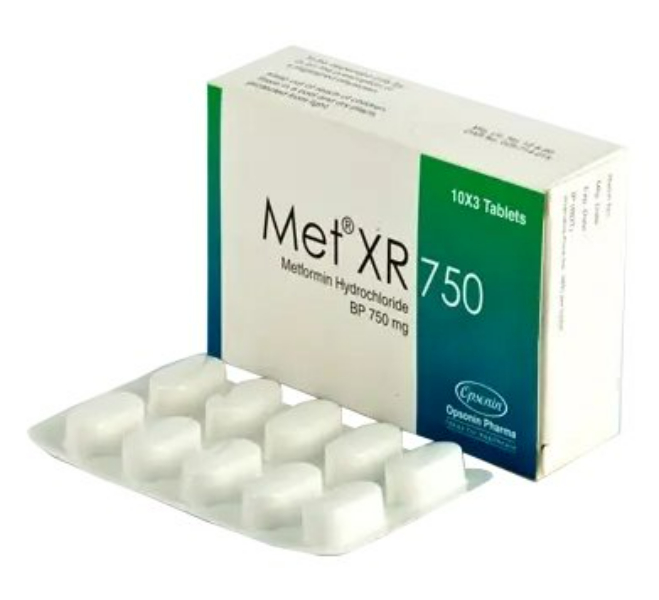
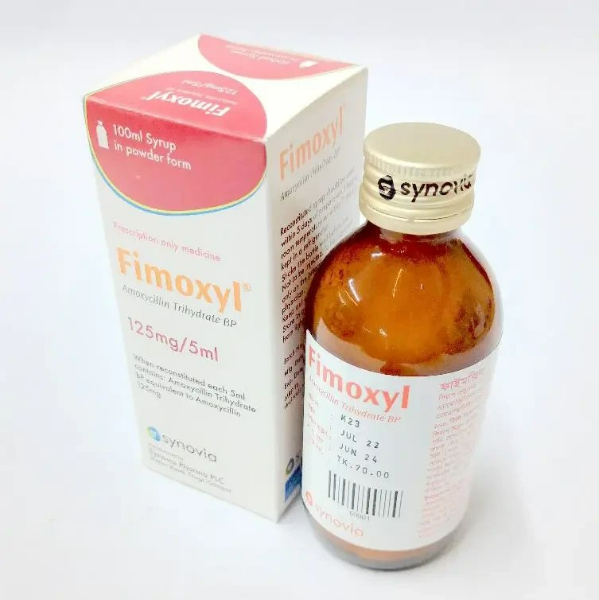
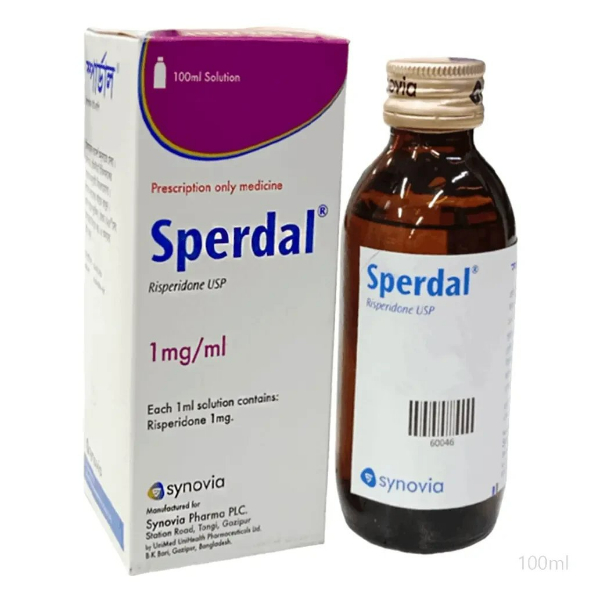
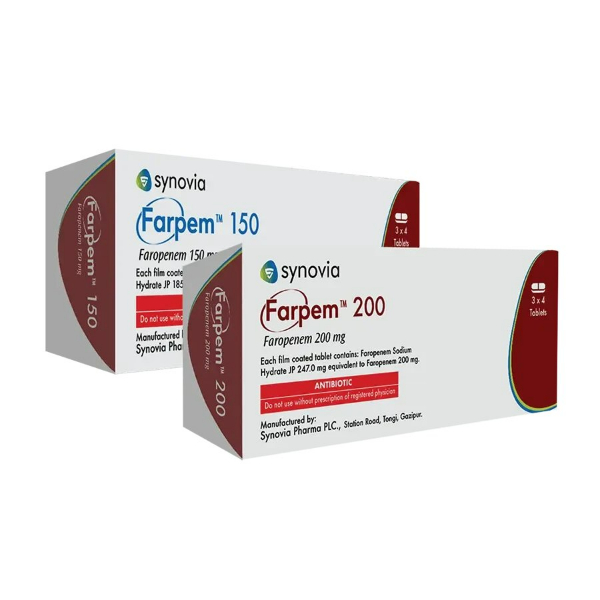
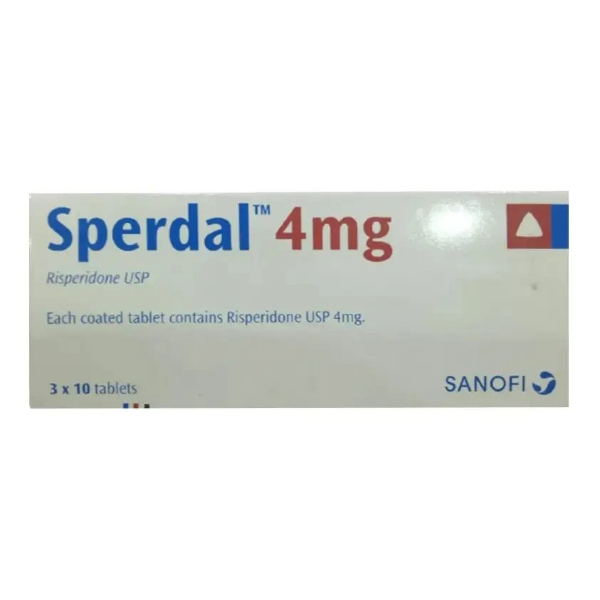

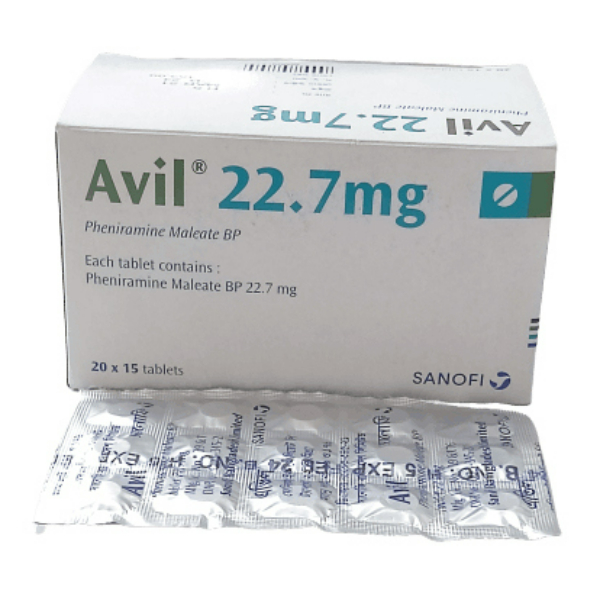
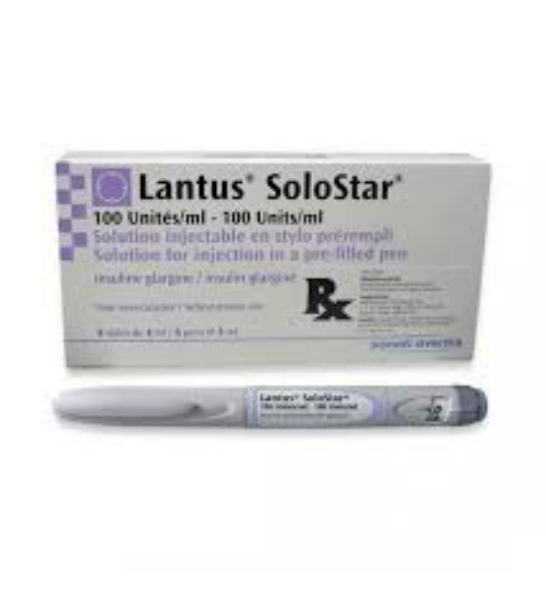

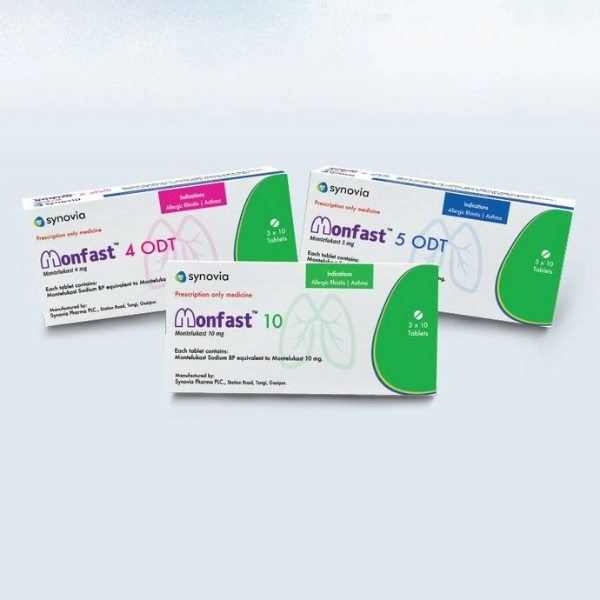
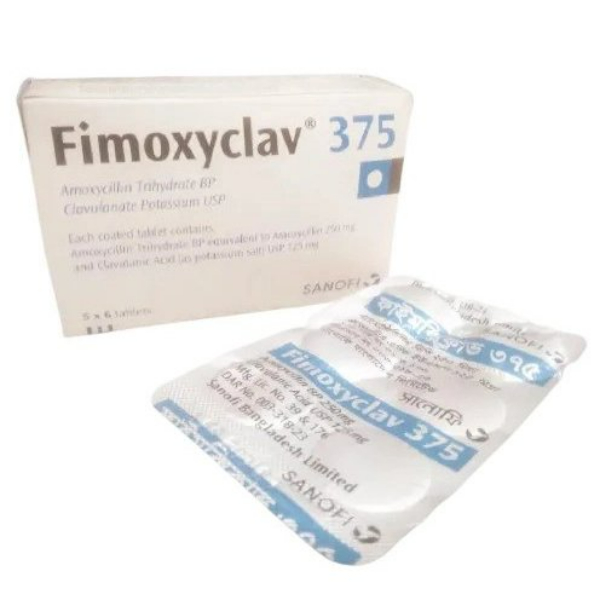
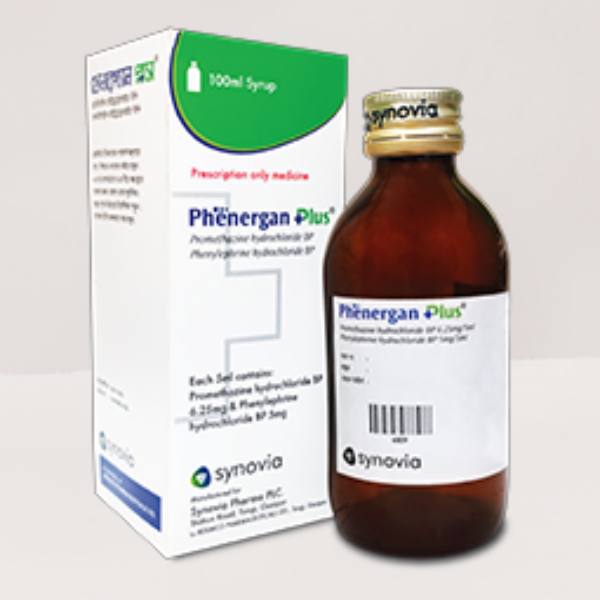

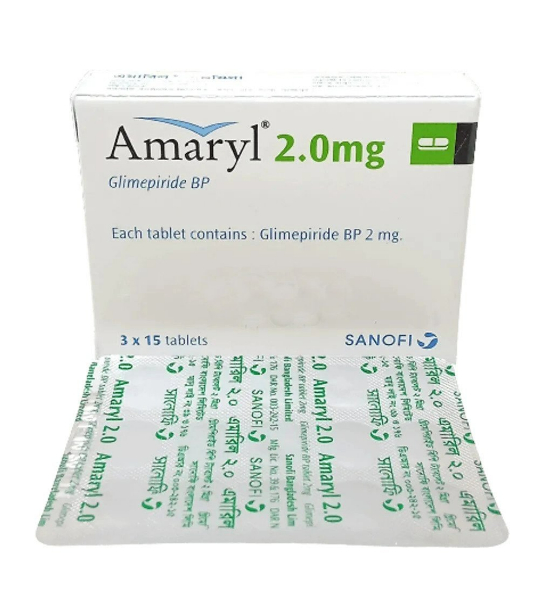
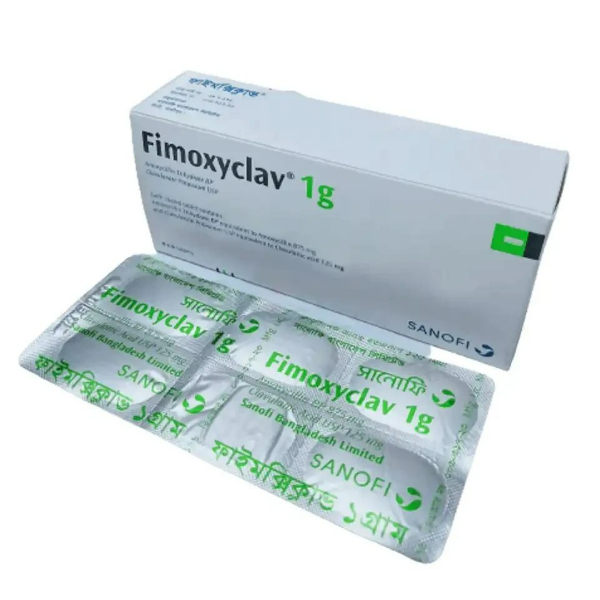

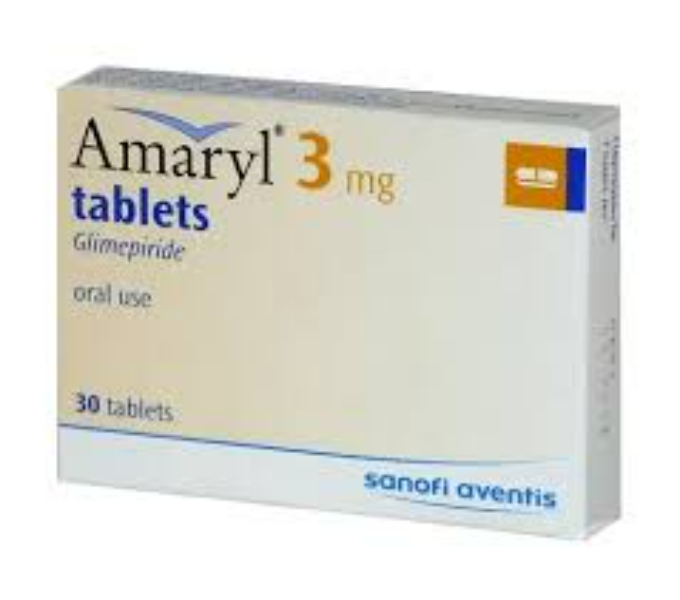
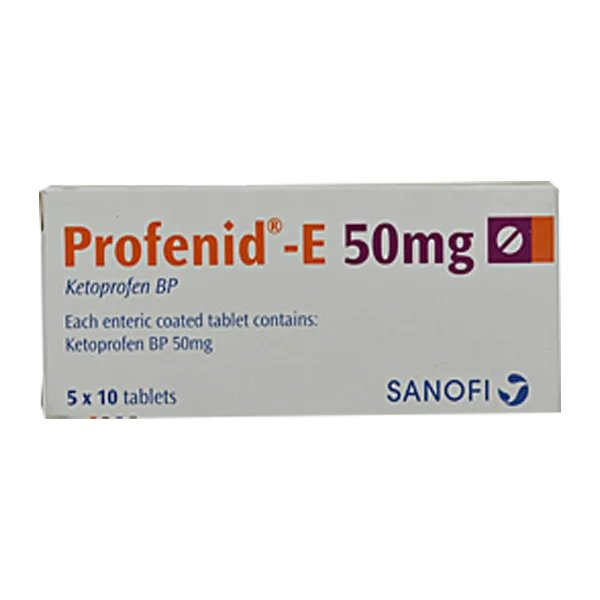



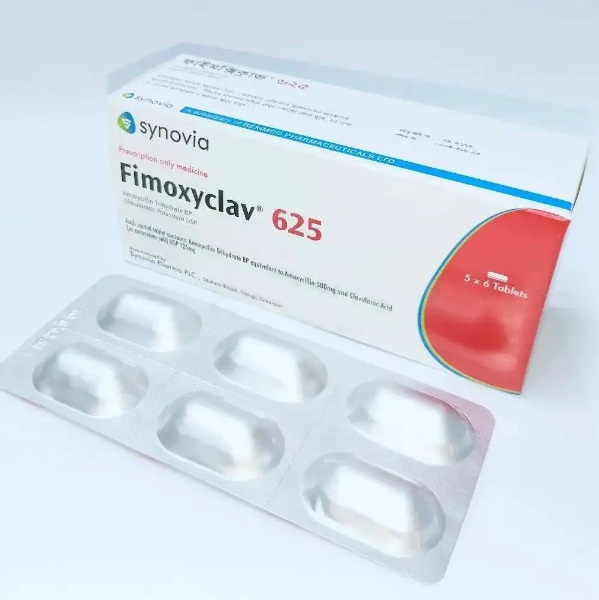
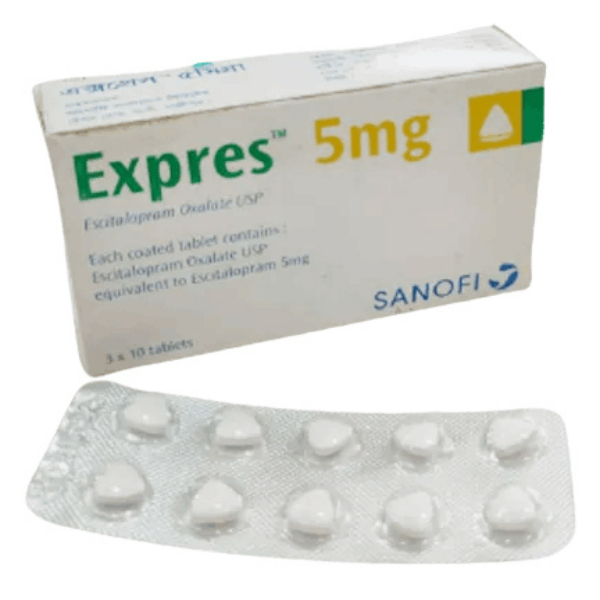
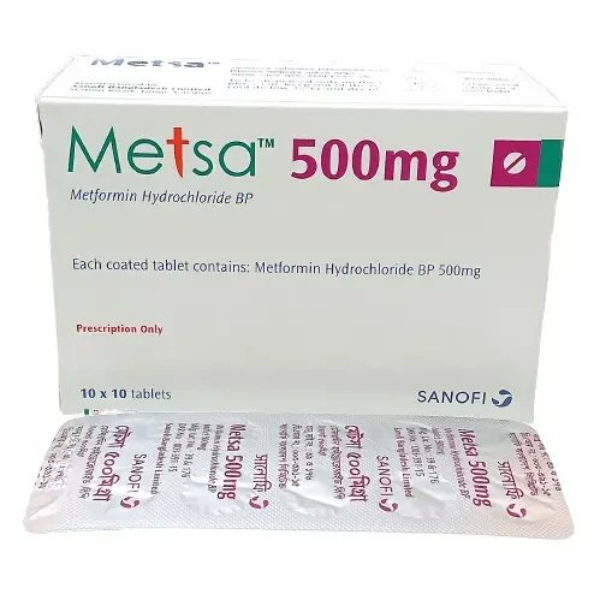

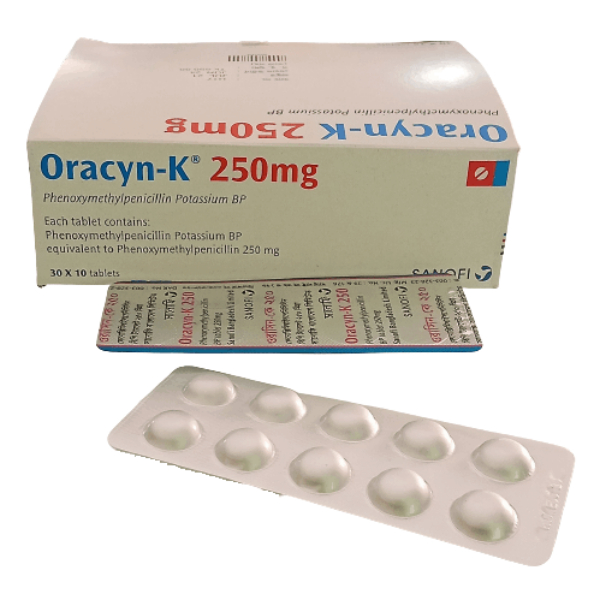
.jpg)
